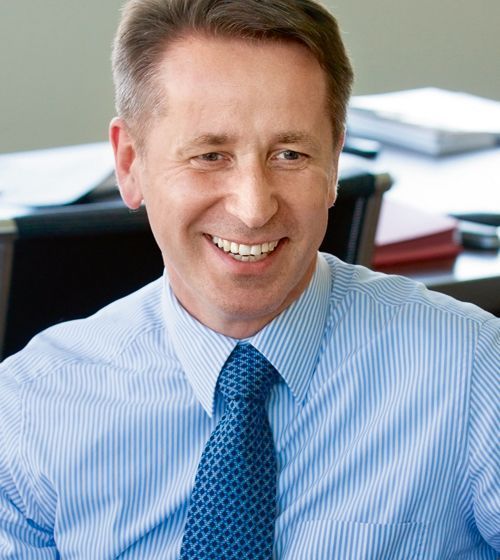Ewa Andrzejewska, ‘Eurobuild Central & Eastern Europe’: This June we will be celebrating the 25th anniversary of the first free elections in Poland. This gives us an occasion to look at the history of the property market since 1989. What, in your opinion, were the turning points, and the key events for the modern real estate market and for Echo Investment, which has been growing together with the market since 1996.
Piotr Gromniak, the president of the board of Echo Investment: Over the 18 years of our presence on the real estate market we have been moving forward together with it, adjusting to the processes that have been taking place. We started out with the construction of apartments; next we built simple shopping centres, and then each successive generation of shopping centre; and then the office market started to develop. We have developed almost twenty projects on the hotel market. Echo Investment has not been changing the real estate market but creating it. Poland is now th





























































